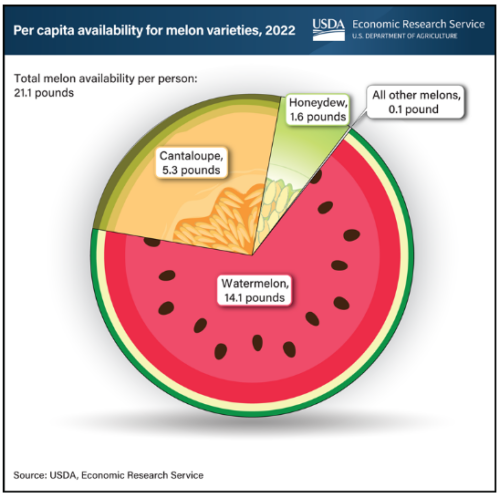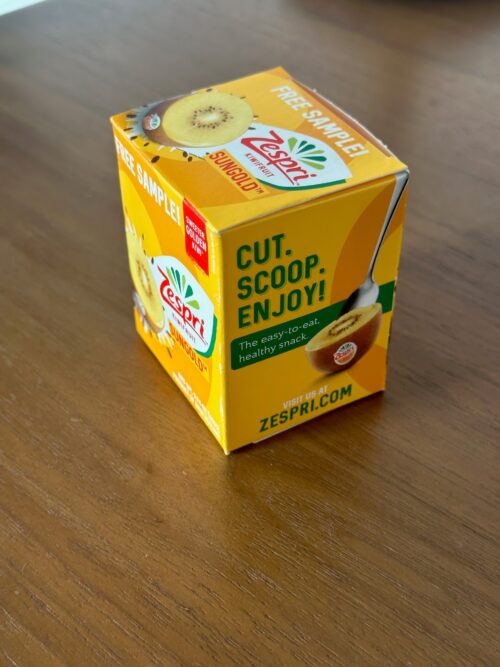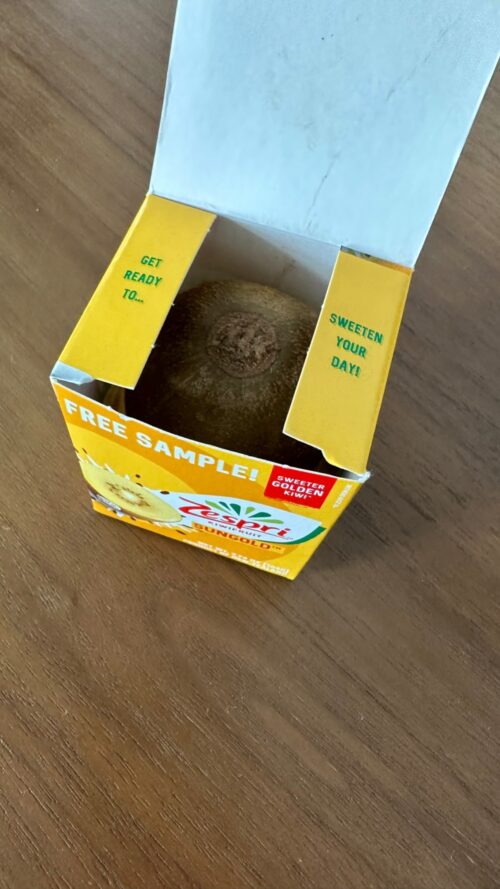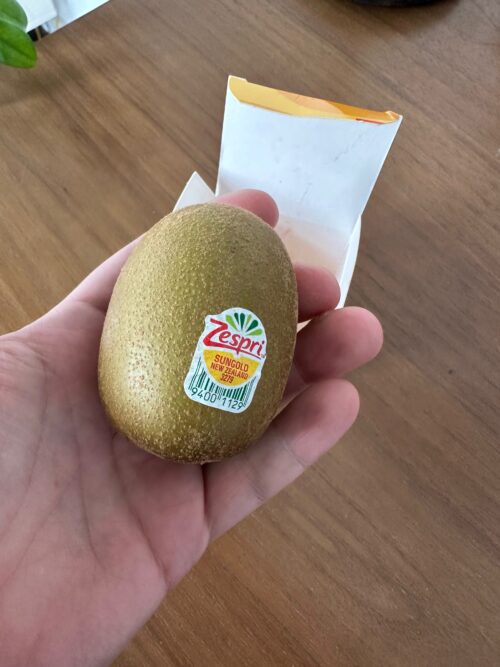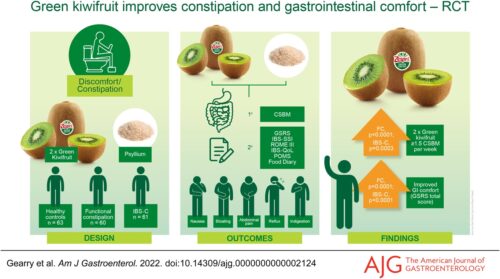Fruit-industry study of the day: IV. Avocados
I want to end the week with this unusual example.
Yes, avocados are fruits (hint: fruits have seeds).
This story begins with an emailed ad from an avocado trade association to subscribers to Today’s Dietitian.
In the largest study of its kind, published in the Journal of the American Heart Association, researchers across multiple institutions looked at the impact of consuming one avocado per day on weight-related measures, markers of cardiometabolic risk and diet quality—insights you won’t want to miss.
If you click around to further discussion, you get this:
Daily avocado consumption led to reductions in total and LDL cholesterol and improved diet quality compared to the control group. The Avocado Nutrition Center supported this study, and although the findings from one study cannot be generalized to larger populations, this study supports a growing body of evidence that suggests consuming heart-healthy avocados is associated with better diet quality.
Let’s take a look:
- The study: Effect of Incorporating 1 Avocado Per Day Versus Habitual Diet on Visceral Adiposity: A Randomized Trial. J Am Heart Assoc. . 2022 Jul 19;11(14):e025657. doi: 10.1161/JAHA.122.025657. Epub 2022 Jul 5. Authors: Alice H Lichtenstein 1, Penny M Kris-Etherton 2, Kristina S Petersen 3, Nirupa R Matthan 1, Samuel Barnes 4, Mara Z Vitolins 5, Zhaoping Li 6, Joan Sabaté 7, Sujatha Rajaram 7, Shilpy Chowdhury 4, Kristin M Davis 8, Jean Galluccio 1, Cheryl H Gilhooly 1, Richard S Legro 9, Jason Li 6, Laura Lovato 10, Letitia H Perdue 10, Gayle Petty 1, Anna M Rasmussen 6, Gina Segovia-Siapco 7, Rawiwan Sirirat 7, April Sun 6, David M Reboussin 10
- Conclusions: “In conclusion, in this randomized controlled multicenter parallel trial, the addition of 1 avocado per day to the habitual diet for 6 months in individuals with visceral adiposity did not reduce VAT and had minimal effect on risk factors associated with cardiometabolic disorders.”
- Funding: This work was supported by the Avocado Nutrition Center.
Comment: I don’t usually include the names of authors of industry-funded studies because I don’t see the “funding effect” (a higher probability of positive results) as personal to individual investigators; I see it as systematic. But I listed these authors because they produced something quite rare: an industry-funded study that did not find positive results. And they said so explicitly, without hedging or trying to spin the results so they looked more favorable.
The avocado marketers did the spinning. This, alas, is yet another hazard of doing studies funded by food trade associations with vested interests in research outcome. Investigators have no control over how the sponsor will use or spin their research results, as we see in this example.
Addition, September 16
I often hear criticisms that I don’t deal with the science when I post industry-funded studies. I don’t because how the science is conducted is rarely the problem. Instead, industry influence turns up most frequently in the study design or in the interpretation of the results. That’s what’s happening here, as a reader, mrpicasso2, writes:
Wow! This is astounding how the Avocado marketers try to spin the results in their favor. “Changes in most secondary and additional outcome measures (cardiometabolic risk factors), except for modest decreases in total cholesterol and LDL‐C concentrations, were not statistically significant” became “Daily avocado consumption led to reductions in total and LDL cholesterol and improved diet quality compared to the control group.”
And even the “improved diet quality” is a big stretch because the Healthy Eating Index (HEI) values (even when split into below and above the median subgroups) were not significantly different. It’s true the avocado arm values were numerically higher (0.064 vs 0.044, and 0.083 vs 0.069) but without reaching statistical significance they are indistinguishable.
Of course the Avocado marketers don’t mention that there were 9 adverse events in the Avocado diet arm compared with none in the habitual diet group.
This reminds me of the story of the boy who was so excited to get a pile of horse manure for his birthday because he reasoned that with so much manure there had to be a pony near by.

